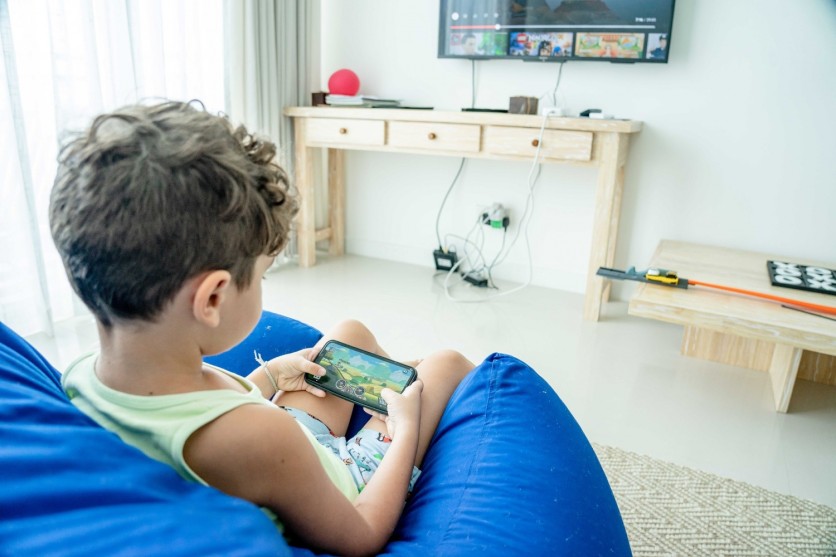Fifty percent of parents of children under 18 believe that their child's mental health has suffered in the past year due to social media use, according to a recent national survey conducted by The Harris Poll on behalf of The On Our Sleeves Movement For Children's Mental Health.
The survey has raised concerns about the effects of social media platforms on the mental health of children and adolescents.

Children's Mental Health in the Digital Age
On Our Sleeves advocates for parents and caregivers to regularly converse with their children about the effects of social media on their mental health.
The discussion on safeguarding children's mental health online has become a national topic, with platforms like TikTok implementing new security measures. However, Dr. Ariana Hoet, the clinical director of On Our Sleeves, cautions that these measures are insufficient.
Dr. Hoet warns that social media can trigger anxiety and depression in children, as well as expose them to inappropriate content, hateful language, cyberbullying, and other adverse effects.
However, Dr. Hoet acknowledges that not all social media is negative, as it can promote social connections, relationships, and self-discovery.
According to the survey, only slightly over one-third of Americans (35%) believe that social media positively influences children's mental health, a decrease from 43% in 2022.
"Be curious about what your child is doing on social media. Taking an active role in their social media engagement, instead of simply limiting their exposure, can help them feel comfortable to ask questions, report concerns and seek help when they need it," Dr. Hoet said in a statement.
What should be done?
According to the survey, fewer parents are now comfortable discussing mental health with their children, dropping from 91% in 2022 to 86% in 2023. Effective communication and openness are crucial to promoting these discussions.
On Our Sleeves said that it offers free and user-friendly guides and resources to assist parents and caregivers in initiating conversations about social media's impact and methods to guarantee children's safety.
Experts suggest establishing a family social media strategy to prevent disagreements, promote good choices, and handle misuse.
Additionally, they suggest that parents request their children to display their preferred videos, channels, or online influencers and ask them open-ended questions to better understand their online activities.
They can also educate their children about seeking assistance from a trusted adult if they detect anything dangerous and discuss the reasons for implementing parental controls and settings to regulate social media use.
The survey highlights the need for parents and caregivers to have open communication with their children about social media use and its impact on mental health.
While social media can have both positive and negative effects, parents must take an active role in their children's social media engagement and develop a family social media plan to minimize conflict and ensure their children's safety.
Related Article : Arkansas Approves Bill Requiring Parental Consent for Children to Access Social Media Sites

ⓒ 2026 TECHTIMES.com All rights reserved. Do not reproduce without permission.




